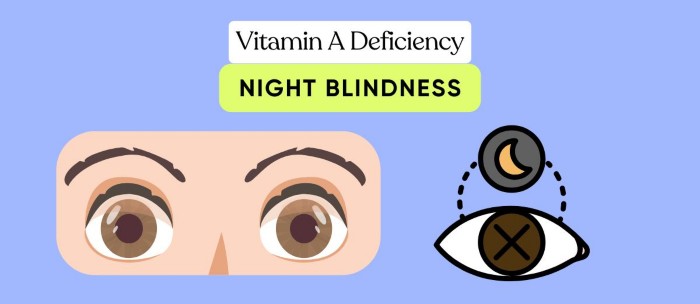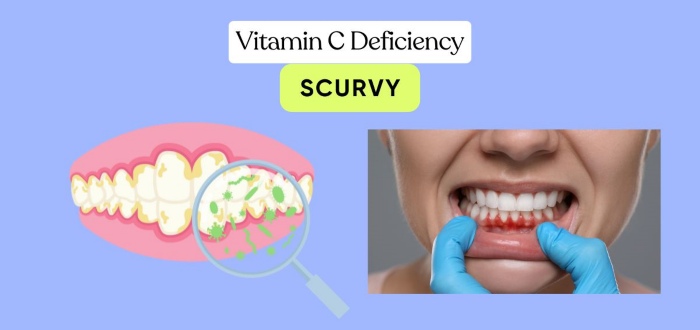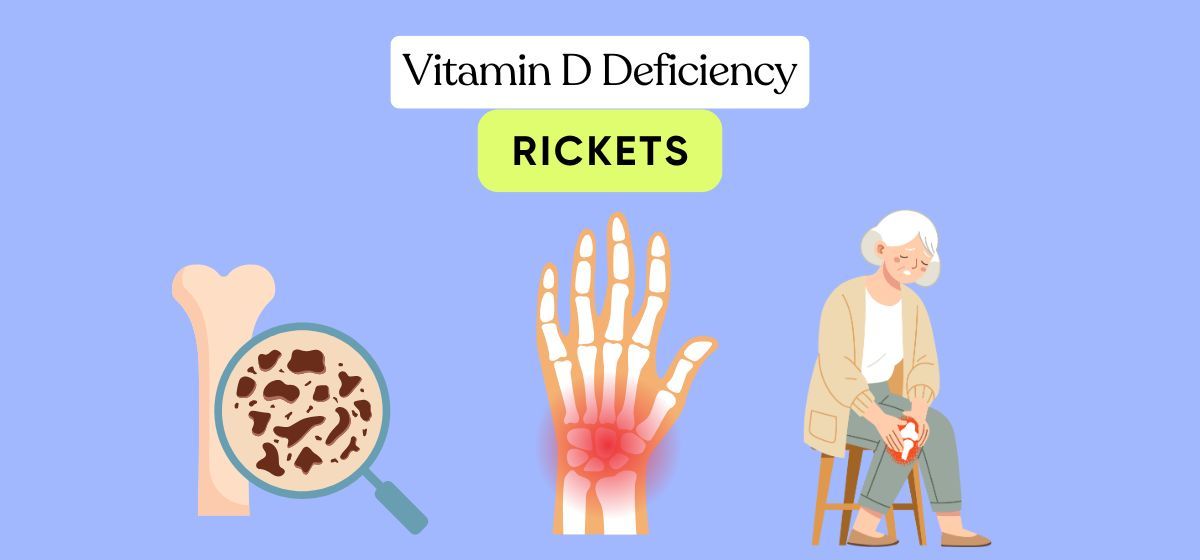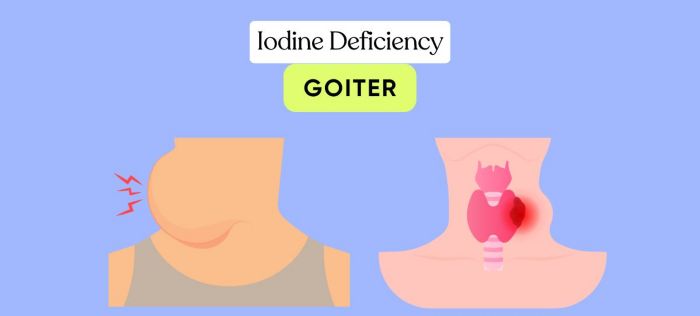Nutritional Deficiencies and Diseases
What Are Nutritional Deficiencies?
Nutritional deficiencies occur when your body doesn't get the right amount of important nutrients, like vitamins and minerals, to stay healthy. Nutrients come from the food we eat, like fruits, vegetables, grains, and proteins. When we don't eat enough of the right foods, our bodies may not be able to do things like grow, fight infections, or have enough energy.
Why Do We Need Nutrients?
Nutrients are food for our bodies! They :
-
Help us grow strong and healthy
-
Help us avoid getting sick
-
Give us energy to play and to learn
-
Help our bones, muscles, and skin stay healthy
There are several kinds of nutrients which our bodies require. Some kinds of nutrients are:
-
Vitamins: These serve to promote vision, build immunity, and healthy skin. Examples are vitamin C and Vitamin A.
-
Minerals: These promote strong bones and teeth. Iron helps your blood to carry oxygen while calcium gives strength to bones.
-
Proteins: These serve as building blocks for muscles, skin, and other organs.
-
Carbohydrates: These help our body and brain to move, run, jump and think.

Common Nutritional Deficiencies and What They Can Cause
-
Vitamin A Deficiency (Night Blindness)
- What It Is: Vitamin A is crucial for maintaining good vision, especially in low-light conditions, as well as healthy skin and immune function. A deficiency can cause night blindness and dry eyes.
- Fun Fact: Sweet potatoes, carrots, and spinach are rich in vitamin A and can help keep your vision sharp!

-
Vitamin C Deficiency (Scurvy)
- What It Is: Vitamin C is essential for healthy skin, gums, and teeth. If you don't get enough, you can feel weak, tired, and have bleeding gums.
- Fun Fact: Pirates used to get scurvy because they didn't have fresh fruits and vegetables on long voyages!

-
Vitamin D Deficiency (Rickets)
- What It Is: Vitamin D allows your body to make use of calcium. When you do not get enough, your bones can soften and weaken. This is rickets.
- Fun Fact: The sun allows your body to make vitamin D! Therefore, a little sunshine does not hurt anyone.

-
Calcium Deficiency (Tooth decay)
- What It Is: Calcium is super important for strong bones and teeth. Without enough calcium, bones can become weak, and toothache, sensitive teeth; grey, brown, and black spots on the teeth, and bad breath occur when there is tooth decay.
- Fun Fact: Dairy products such as milk, cheese, and yogurt are loaded with calcium to build strong bones!

-
Iodine Deficiency (Goiter)
- What It Is: Iodine is required for your thyroid gland which controls your metabolism. Absence of enough iodine in the body can cause swollen thyroid and a condition called goiter.
- Fun Fact: Iodized salt (Salt with added iodine) can help one avoid iodine deficiency

-
Iron Deficiency (Anemia)
- What It Is: Iron gives your blood the oxygen needed to get around your body. If you don't have enough iron, you might feel tired, dizzy, or even have trouble concentrating at school.
- Fun Fact: Having too many cookies and not enough healthy foods can cause iron deficiency!

How to Avoid Nutritional Deficiencies
The good thing is that we can take care of our health by using a balanced diet that entails all the nutrients our bodies require. Here are tips:
-
Eat colorful fruits and vegetables: They are full of vitamins and minerals.
-
Include proteins: Foods like chicken, fish, beans, and nuts help our body grow strong.
-
Drink milk or eat dairy: These foods are packed with calcium for strong bones.
-
Get outside for some sun: Your body needs sunlight to make vitamin D.
- Eat whole grains: Foods like brown rice, oats, and whole wheat bread are good for your energy.
Fun Quiz: Test Your Knowledge!
-
What does vitamin C help with?
-
A) Strong bones
-
B) Healthy skin and gums
-
C) Seeing in the dark
-
Which food helps you get enough calcium?
-
A) Ice cream
-
B) Milk
-
C) French fries
-
What happens if you don’t get enough vitamin A?
-
A) You can’t see well at night
-
B) You get tired easily
-
C) Your bones become weak
-
Which vitamin can you get from the sun?
-
A) Vitamin C
-
B) Vitamin D
-
C) Vitamin A
-
What can happen if you don’t get enough iron?
-
A) You can get scurvy
-
B) You might feel very tired
-
C) You get stronger bones
Fun Facts About Nutrients
- Did you know? Bananas are a great source of potassium, which helps your muscles and nerves work well!
- A little sunshine goes a long way! Just 10-15 minutes in the sun each day helps your body make enough vitamin D.
- Green veggies like spinach and broccoli are packed with iron, so eating them helps you feel strong and energized.
- Did you know? Potatoes and carrots are both great sources of Vitamin A, and they come from the ground!
- Eating rainbow-colored foods helps you get different vitamins and minerals. Try to eat a rainbow at every meal!
Practice Worksheets:
Click to download the worksheets for hands-on practice!
Easy Level Worksheets
Intermediate Level Worksheets
Advanced Level Worksheets
CBSE Schools In Popular Cities
- CBSE Schools in Bangalore
- CBSE Schools in Mumbai
- CBSE Schools in Pune
- CBSE Schools in Hyderabad
- CBSE Schools in Chennai
- CBSE Schools in Gurgaon
- CBSE Schools in Kolkata
- CBSE Schools in Indore
- CBSE Schools in Sonipat
- CBSE Schools in Delhi
- CBSE Schools in Rohtak
- CBSE Schools in Bhopal
- CBSE Schools in Aurangabad
- CBSE Schools in Jabalpur
- CBSE Schools in Jaipur
- CBSE Schools in Jodhpur
- CBSE Schools in Nagpur
- CBSE Schools in Ahmednagar
- CBSE School In Tumkur











